Vervain, also called verbena, Verbena officinalis, or herb of the cross, is a perennial plant native to Europe and Asia (1).
Part of the Verbenaceae family, the plant has lobed, toothed foliage and delicate pale-purple blossoms. It’s employed worldwide as a herbal remedy because it contains a variety of potentially helpful compounds.
This article examines vervain’s purported benefits, common uses, and possible adverse effects.

Potential benefits
Vervain harbors more than 20 bioactive plant constituents, including iridoid glycosides, flavonoids, and triterpenoids, which may underlie its claimed effects.
May exhibit antitumor activity
Laboratory and animal experiments indicate that vervain’s glycosides, triterpenoids, and essential oils might suppress tumor progression and trigger the death of cancerous cells.
In a mouse experiment, very high doses of vervain extract (18 grams per pound or 40 grams per kg of body weight) reduced tumor growth by over 30% versus controls.
Investigators credited this anticancer activity to verbenosides A and B — two glycoside types — along with triterpenoids.
Moreover, citral, a significant constituent of vervain essential oil, has documented anticancer properties that induce programmed cell death.
One in vitro study reported that 0.01% vervain essential oil increased the death rate of malignant immune cells from individuals with chronic lymphocytic leukemia from 15% to 52%, implying potential for therapeutic development.
However, human trials are necessary to confirm these preliminary findings.
May help protect nerve cells
Extracts of vervain may be beneficial for certain neurological conditions.
Rat studies reveal that the glycoside verbenalin (also called cornin) may markedly improve brain injury outcomes after stroke.
These studies suggest the compound stimulates new blood vessel formation in the brain — enhancing oxygen delivery — and boosts mitochondrial function.
Mitochondria produce cellular energy and require oxygen; without adequate oxygen, energy production falls, impairing normal cell function and potentially contributing to various nervous system disorders (9).
Therefore, verbenalin helps maintain sufficient blood flow and energy supply to the brain, improving recovery after stroke.
Additionally, the extract may guard against neuronal loss in Alzheimer’s disease.
Research indicates it might reduce the toxicity of beta-amyloid (Abeta) peptide, whose accumulation is a key toxic factor in Alzheimer’s development.
May reduce anxiety and seizures
Vervain has a long history in folk medicine as a calming or nervine agent, and animal data currently support this traditional use.
A rat study found that doses of 0.04–0.22 grams per pound (0.1–0.5 grams per kg) of body weight of vervain extract produced anxiolytic effects comparable to diazepam, a commonly prescribed anti-anxiety medication.
Researchers attributed this action to the plant’s flavonoid and tannin content, both known for sedative and anxiety-reducing properties.
Other rat studies report that the extract may help control convulsions or seizures in neurological disorders like epilepsy by delaying their onset and shortening their duration.
This effect was linked to verbenin, a key component of vervain, which in some comparisons performed better than bromide, a traditional anticonvulsant agent.
May have antimicrobial properties
With antibiotic resistance on the rise, evidence that vervain may act against resistant bacteria and fungi is promising.
In one lab study, vervain essential oil was tested against two fungal strains and seven bacterial strains and inhibited growth of all organisms in a dose-dependent fashion — higher doses produced stronger antimicrobial effects.
Likewise, another in vitro study showed antibacterial action of vervain extract versus Staphylococcus aureus, Escherichia coli, and Salmonella typhi, pathogens responsible for various infections.
Components of vervain essential oil, like citral, have known antimicrobial activity. Other constituents, such as flavonoids, may further contribute to these effects.
Flavonoids are thought to hinder bacterial attachment to host tissues and neutralize toxins harmful to human cells, but clinical studies in humans are still lacking.
Other potential benefits
Vervain extracts and essential oils may offer additional health effects, including:
- Anti-inflammatory action. Topical application of vervain extract appears to reduce swelling from fluid buildup.
- Supports gum health. A study of 260 people suggests a vervain decoction (herbal infusion) may help manage chronic gingivitis.
- Supports heart health. In rats, treatment with verbenalin (cornin) reduced heart tissue death and damage following inadequate blood supply.
- Antidiarrheal effects. An animal study found vervain root extract significantly delayed the onset and decreased volume and frequency of diarrhea compared with controls.
SummaryVervain is valued for its numerous plant-derived constituents. Some research-backed benefits include potential antitumor action, neuronal protection, anxiety- and seizure-reducing effects, and antimicrobial activity.
Uses
Although many of vervain’s health claims have scientific support, it’s also used in traditional medicine for conditions without clinical validation.
For instance, in Ethiopia the leaves are applied for ear infections, while the root is used for inflamed tonsils and ascariasis — a parasitic disease caused by Ascaris lumbricoides that can lead to abdominal pain and diarrhea.
The whole plant is additionally used to relieve abdominal pain and, culturally, to ward off the evil eye, believed to cause misfortune or harm.
Vervain is traditionally regarded as a galactagogue — an agent thought to increase breast milk — though this claim lacks scientific support.
You can find vervain as a tincture, powder, or topical ointment, and it can be brewed as an herbal infusion, though it is noted for a bitter flavor.
The flowers are also used as a decorative garnish in cocktails and alcoholic drinks.
SummaryVervain is employed in traditional remedies for infections, abdominal complaints, and to boost milk production in nursing women, but these uses are not supported by strong scientific evidence.
Side effects and precautions
The U.S. Food and Drug Administration generally recognizes vervain as safe (GRAS). While commonly well tolerated, some adverse effects have been reported.
Animal data show that consuming vervain extract during pregnancy may result in poor maternal weight gain and fetal abnormalities such as reduced bone ossification. Consequently, pregnant individuals should avoid products containing vervain.
It is unknown whether plant compounds pass into breast milk, so breastfeeding mothers may wish to avoid vervain to be cautious.
Older research indicates that drinking vervain tea with meals may reduce iron absorption by about 59%. People with iron-deficiency anemia should therefore avoid the herb.
Additionally, older studies suggest vervain’s vitamin K content could interact with medications and decrease the effectiveness of anticoagulant drugs like warfarin.
As always, consult your healthcare provider before starting any new supplement.
SummaryVervain is generally considered safe by the FDA, yet pregnant and breastfeeding women, those with iron deficiency, and individuals on blood-thinning medications should avoid it to prevent unwanted effects.
The bottom line
Vervain is a widely used herbal remedy consumed as tea, tincture, powder, or topical preparation for various ailments.
Some scientifically supported benefits include possible antitumor effects, neuronal protection, and anxiety- and seizure-reducing properties, among others.
However, many traditional claims — such as boosting breast milk or treating ear infections — lack scientific backing.
Finally, although generally recognized as safe, pregnant women, people with anemia, and those taking blood thinners should avoid vervain to minimize potential risks.

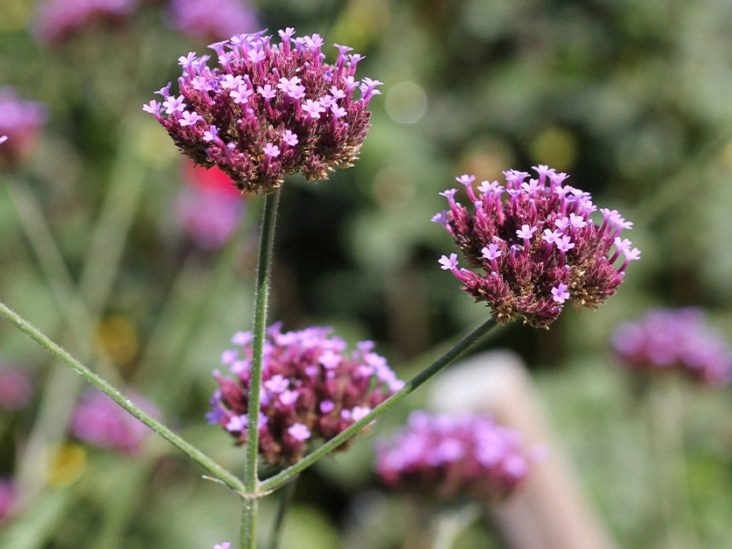

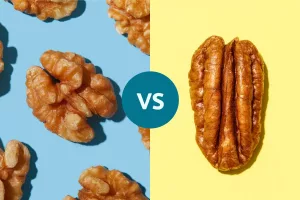
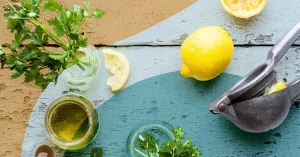
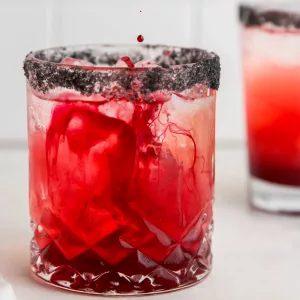




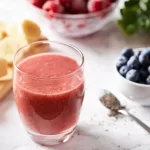


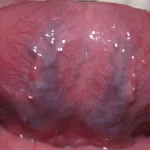

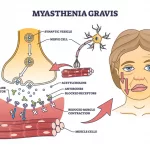
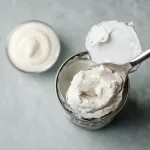
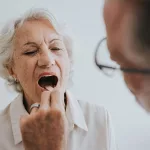

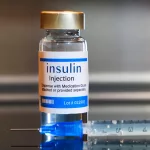
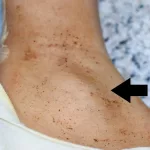


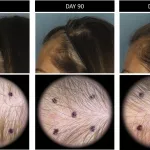
Leave a Reply
You must be logged in to post a comment.